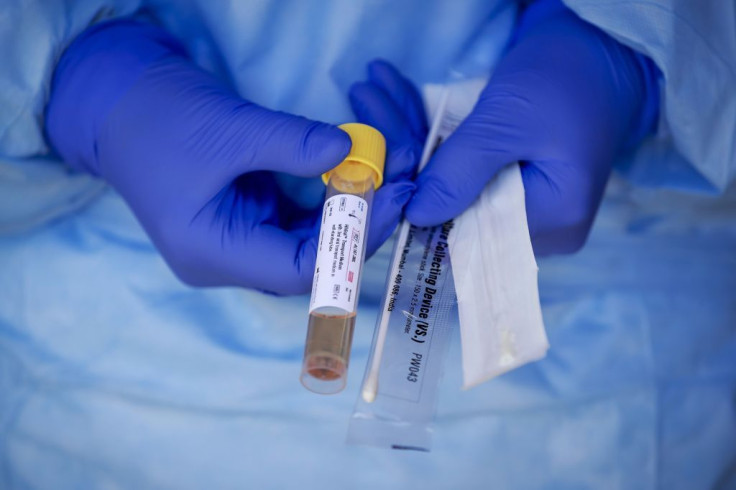Coronavirus Antibody Test With 100% Accuracy Gets FDA Approval, Step Closer To COVID-19 Immunity

A blood antibody (or serology) test that determines with incredible accuracy if someone has ever been infected with the COVID-19 coronavirus has received quick emergency-use approval (EUA) from the U.S. Food and Drug Administration.
It was developed by Swiss multinational healthcare giant, F. Hoffmann-La Roche AG. The coronavirus that causes COVID-19 is SARS-CoV-2, or severe acute respiratory syndrome coronavirus 2.
The Roche antibody test, "Elecsys Anti-SARS-CoV-2," is 100% accurate at detecting antibodies in the blood and 99.8% accurate at ruling out the presence of antibodies (otherwise called the specificity rate). This means it provides no false negatives and very few false-positive tests. These rates help determine if a person has been exposed to SARS-CoV-2.
This serology test relies for its accuracy on intravenous blood draws instead of finger-prick assays, as is common with almost all other antibody tests. It's long been known intravenous blood draws have a higher accuracy compared to finger-prick tests. Intravenous blood draws determine the presence of antibodies, including immunoglobulin G (IgG), which remains longer in the human body. The discovery of IgG in the blood suggests a possible immunity from SARS-CoV-2.
“If you take blood from a finger prick, you will never be able to achieve the same level of specificity that you will achieve ... when you take blood from the vein,” explained Dr. Thomas Schinecker, CEO at Roche Diagnostics Corporation. “You have to have very, very high specificity. Even 0.1% or 0.2% makes a difference.”
Dr. Schinecker said Elecsys Anti-SARS-CoV-2 is an important step in determining whether someone may have immunity. He did say more research is needed to determine if antibodies protect people from being reinfected.
“Since this virus is not well known, one can hypothesize, but the proof will take longer,” said Dr. Schinecker. “Testing these people ... is key to seeing whether or not people really have developed immunity.”
High accuracy in serology tests is important because an erroneous false-positive result can lead to the mistaken conclusion someone has immunity from SARS-CoV-2. Roche had promised to make Elecsys Anti-SARS-CoV-2 available by early May. It also pledged to boost production by June to “high double-digit millions” per month.
Dr. Severin Schwan, CEO of Roche Holdings AG, said the company scrupulously evaluated some existing products for reliability before rejecting them. He said there are some 100 such tests on offer, including finger-prick assays that offer quick results.





















